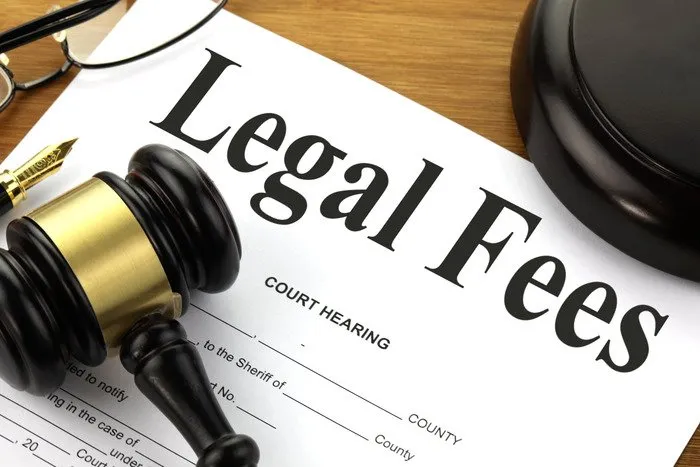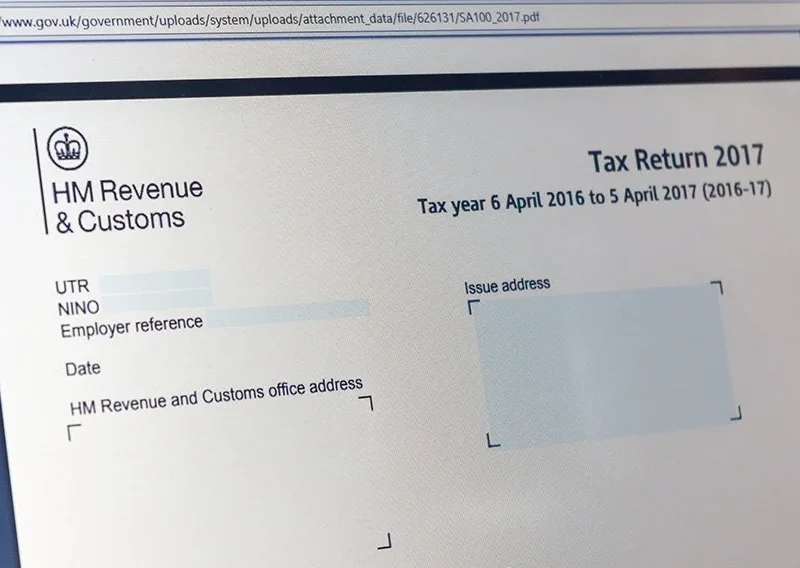Letting agent fees in the UK can vary based on factors such as location, services offered, and individual agent policies. Before the Tenant Fees Act 2024, tenant fees ranged from £100 to £500 or more, but most were banned after June 1, 2024, except for permitted charges like holding deposits.
Landlord management fees typically range from 8% to 15% of the monthly rent, while renewal fees for tenants could vary from around £50 to £200 or more before being largely prohibited by the Act. Check-out fees for tenants could range similarly.
It’s crucial for both landlords and tenants to review fee structures carefully and ensure compliance with current regulations.
What are the Types of Fees Charged by Letting Agents?

Letting agents typically charge various types of fees for their services when assisting landlords in finding tenants and managing rental properties. The types of fees can vary depending on the letting agent and the services provided, but here are some common ones:
Tenant Finding Fee
Letting agents often advertise rental properties on various platforms to attract potential tenants. This could include online listings on their website, property portals, and social media platforms.
In order to demonstrate potential renters the home’s qualities and address any concerns they may have, letting agents schedule and lead property viewings.
Agents typically conduct thorough checks on potential tenants to assess their suitability. This may involve verifying employment status, income, credit history, and obtaining references from previous landlords.
Tenancy Set-Up Fee
Letting agents prepare the tenancy agreement, ensuring it complies with relevant laws and regulations. They may also handle other documents such as the inventory and any required notices.
Agents manage the paperwork involved in setting up the tenancy, including collecting signatures from both parties and ensuring all necessary documentation is in order.
Inventory Fee
At the start of the tenancy, the letting agent may conduct a check-in inspection to document the property’s condition and contents. This includes noting any existing damage or discrepancies.
When the tenancy ends, a check-out inspection is conducted to compare the property’s condition against the initial inventory report. This helps determine any deductions from the tenant’s security deposit for damages beyond normal wear and tear.
Deposit Handling Fee

Letting agents are often responsible for handling the tenant’s security deposit in compliance with legal requirements. This includes registering the deposit with a government-approved deposit protection scheme within a specified timeframe.
In the event of a dispute over the deposit deductions, the letting agent may assist in resolving the issue through negotiation or mediation.
Renewal Fee
If the tenant wishes to renew their tenancy agreement for another term, the letting agent may negotiate the terms on behalf of the landlord. This could involve discussing rent increases, lease extensions, or any other amendments to the agreement.
Agents prepare the necessary paperwork for the renewal, ensuring all parties sign the updated tenancy agreement.
Management Fee
Letting agents collect rent from tenants on behalf of the landlord and ensure timely payment. Regular inspections of the property are conducted to assess its condition and identify any maintenance issues.
Agents coordinate and oversee repairs and maintenance tasks, arranging for contractors to carry out necessary work. Letting agents act as a point of contact for tenants, addressing their queries, concerns, and maintenance requests.
Additional Fees
Agents may charge a fee for conducting credit checks on prospective tenants to assess their financial stability and reliability. In complex legal matters or disputes, letting agents may offer legal advice or refer landlords to legal professionals for assistance.
Fees may apply for arranging and conducting safety inspections, such as gas safety checks or electrical inspections, to ensure compliance with regulations. If the property is insured, letting agents may assist landlords in handling insurance claims for damages or losses.
How do Letting Agents Determine Additional Charges and Fees?

Letting agents help landlords rent out their houses. They might ask for extra money for different things. Here’s what those fees could be:
- Management Fees: This is money for the letting agent’s work.
- Tenant Find Fees: This is money for finding someone to rent the house.
- Inventory Fees: This is money for making a list of things in the house.
- Tenancy Agreement Fees: This is money for making the rental contract.
- Renewal Fees: If the renter wants to stay longer, there might be a fee for making a new contract.
- Reference Checks: This is money for checking if the renter is trustworthy.
- Deposit Handling Fees: This is money for keeping the deposit safe.
- Maintenance and Repair Fees: This is money for fixing things in the house.
- Late Payment Fees: If the rent is paid late, there might be a fee as a penalty.
Both the landlord and the renter need to understand these fees before renting a house. They should read the agreement carefully to know all the costs.
How Should Landlords Consider Letting Agent Fees?

Landlords need to think about the fees charged by letting agents when they rent out their properties. These fees cover things like finding tenants and fixing problems.
It’s important for landlords to compare prices from different agents to make sure they’re getting a good deal. They should also be clear about what the fees cover and try to negotiate if possible. Some landlords choose to manage their properties themselves to avoid paying fees, but this takes a lot of time and effort.
It’s also good to know that letting agent fees can usually be subtracted from taxes. So, landlords need to decide if the benefits of using a letting agent are worth the fees they have to pay.
FAQ’s
What does a letting agent do?
A letting agent helps landlords manage their rental properties by advertising vacancies, screening tenants, and handling rental agreements and maintenance requests.
What is a letting agent fee?
A letting agent fee is a charge paid by landlords for the services provided by letting agents, such as finding tenants, managing rental agreements, and handling property maintenance.
Is it better to use a letting agent?
The decision to use a letting agent depends on factors like time availability and expertise. While letting agents offer convenience, self-management may save money for landlords willing to invest time in property management tasks.
Is a letting agent a landlord?
No, a letting agent is not a landlord. A letting agent acts on behalf of the landlord to manage the rental property and facilitate tenant relations.
What is the difference between a letting agent and an estate agent?
A letting agent specializes in rental properties, while an estate agent deals with buying and selling properties. Letting agents focus on managing rental agreements, while estate agents handle property sales transactions.
Final Words
It’s really important for landlords in the UK to understand the fees that letting agents charge. By knowing about different fees like finding tenants, managing properties, and other costs, landlords can make smart decisions about their money.
They should check fees carefully, know all the costs, and follow the rules like the Tenant Fees Act 2019. Keeping up with any changes in rules or fees will help landlords do well in the rental market and make more money.



